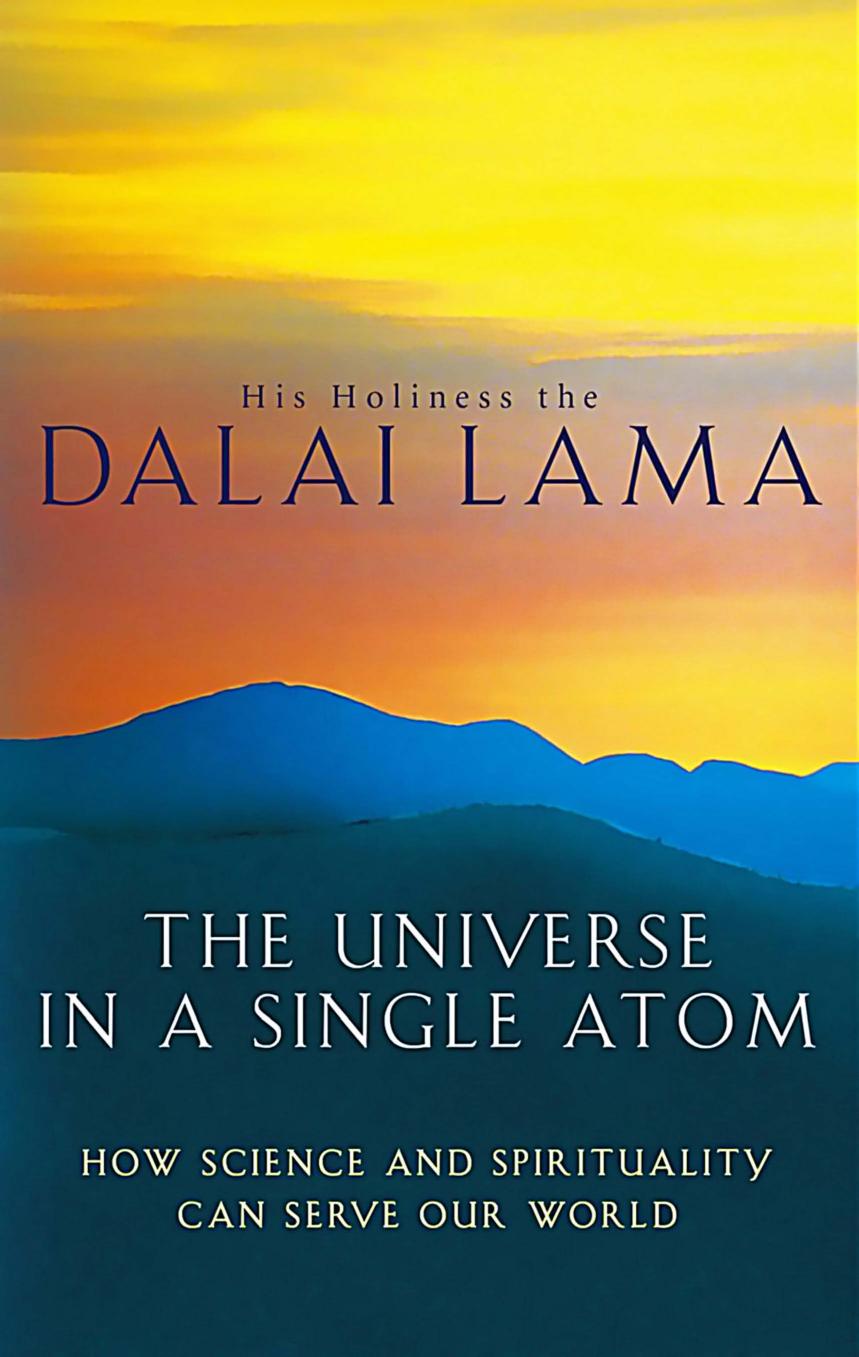The Universe in a Single Atom: The Convergence of Science and Spirituality by Dalai Lama

Author:Dalai Lama
Language: eng
Format: azw3, mobi, pdf
Publisher: Random House, Inc.
Published: 2005-09-13T03:00:00+00:00
The joy of meeting someone you love, the sadness of losing a close friend, the richness of a vivid dream, the serenity of a walk through a garden on a spring day, the total absorption of a deep meditative state—these things and others like them constitute the reality of our experience of consciousness. Regardless of the content of any one of these experiences, no one in his or her right mind would doubt their reality. Any experience of consciousness—from the most mundane to the most elevated—has a certain coherence and, at the same time, a high degree of privacy, which means that it always exists from a particular point of view. The experience of consciousness is entirely subjective. The paradox, however, is that despite the indubitable reality of our subjectivity and thousands of years of philosophical examination, there is little consensus on what consciousness is. Science, with its characteristic third-person method—the objective perspective from the outside—has made strikingly little headway in this understanding.
There is, however, a growing recognition that the study of consciousness is becoming a most exciting area of scientific investigation. At the same time, there is a growing acknowledgment that modern science does not yet possess a fully developed methodology to investigate the phenomenon of consciousness. This is not to say that there have been no philosophical theories on the subject, or that there have been no efforts to “explain” consciousness in terms of material paradigms. At one extreme was the standpoint of behaviorism, which attempted to define consciousness in terms of the language of external behavior, thus reducing mental phenomena to verbal and bodily action. At the other extreme was what is known as Cartesian dualism, the idea that the world comprises two independent, substantially real things—matter, which is characterized by qualities such as extension, and mind, which is defined in terms of an immaterial substance, such as the “spirit.” Between these two extremes all kinds of theories have been proposed, from functionalism (which attempts to define consciousness in terms of its functions) to neurophenomenology (which attempts to define consciousness in terms of neural correlates). Most of these theories understand consciousness by means of aspects of the material world.
But what about the direct observation of consciousness itself? What are its characteristics and how does it function? Does all of life (plants as well as animals) share in it? Does our conscious life exist only when we are aware of being conscious, so that in dreamless sleep, for example, consciousness may be said to be dormant, or even annihilated? Is consciousness composed of serial moments of mental fluctuation, or is it continuous but continually changing? Is consciousness a matter of degree? Does consciousness always need an object—something to be conscious of? What is its relation to the unconscious—not only the unconscious electrochemical events of the brain that are correlated with mental processes but also more complex and perhaps problematic unconscious desires, memories, and expectations? Given the highly subjective nature of our experience of consciousness, is a scientific understanding—in
Download
The Universe in a Single Atom: The Convergence of Science and Spirituality by Dalai Lama.mobi
The Universe in a Single Atom: The Convergence of Science and Spirituality by Dalai Lama.pdf
This site does not store any files on its server. We only index and link to content provided by other sites. Please contact the content providers to delete copyright contents if any and email us, we'll remove relevant links or contents immediately.
The Lost Art of Listening by Michael P. Nichols(7494)
Why I Am Not A Calvinist by Dr. Peter S. Ruckman(4149)
The Rosicrucians by Christopher McIntosh(3510)
Wicca: a guide for the solitary practitioner by Scott Cunningham(3167)
Signature in the Cell: DNA and the Evidence for Intelligent Design by Stephen C. Meyer(3130)
Real Sex by Lauren F. Winner(3014)
The Holy Spirit by Billy Graham(2944)
To Light a Sacred Flame by Silver RavenWolf(2814)
The End of Faith by Sam Harris(2733)
The Gnostic Gospels by Pagels Elaine(2527)
Waking Up by Sam Harris(2454)
Nine Parts of Desire by Geraldine Brooks(2360)
Jesus by Paul Johnson(2352)
Devil, The by Almond Philip C(2324)
The God delusion by Richard Dawkins(2305)
Heavens on Earth by Michael Shermer(2278)
Kundalini by Gopi Krishna(2180)
Chosen by God by R. C. Sproul(2161)
The Nature of Consciousness by Rupert Spira(2104)
